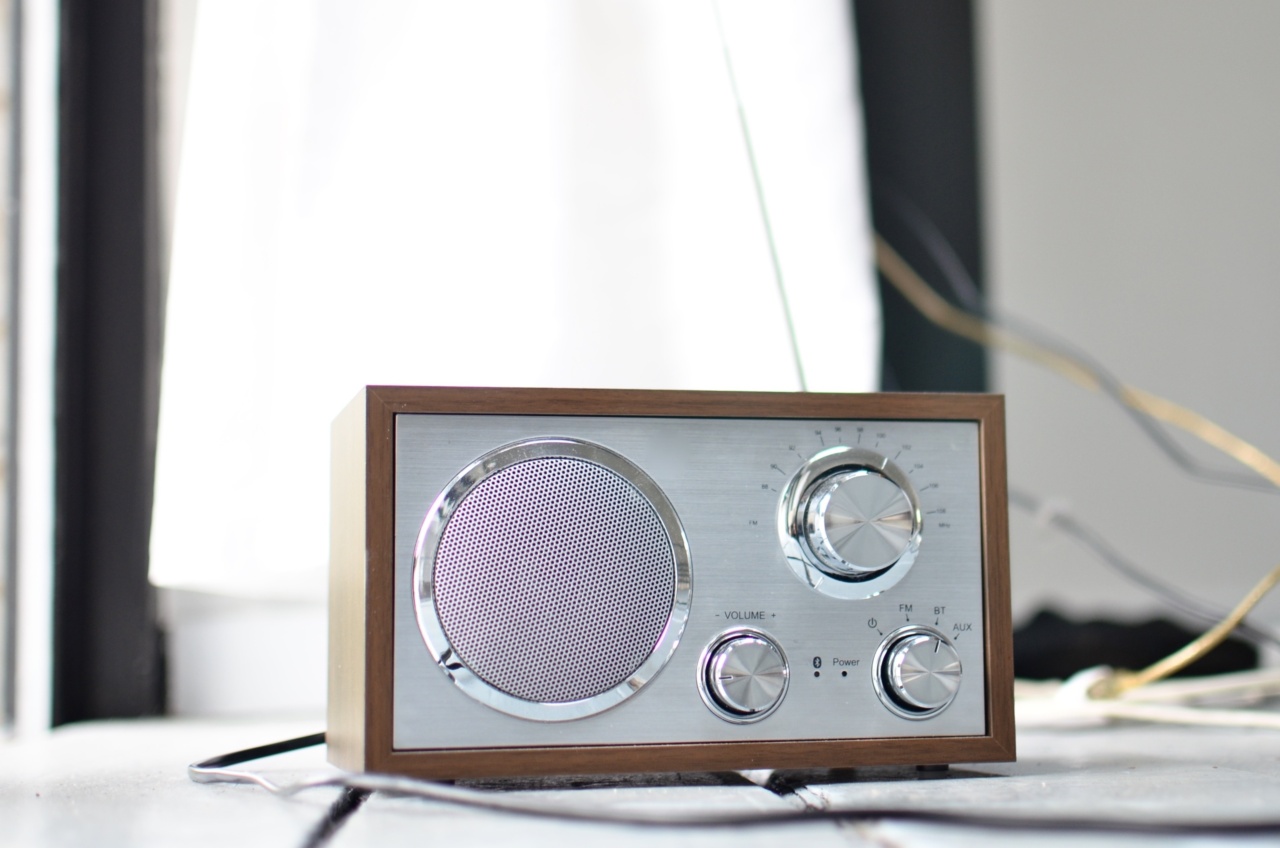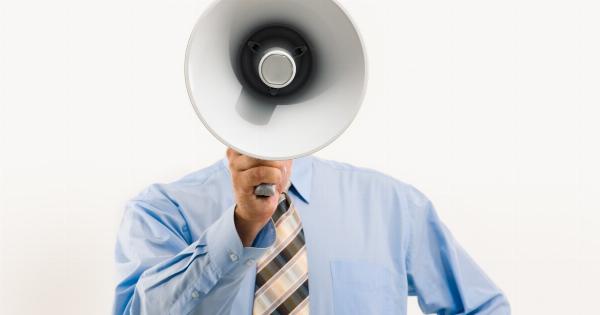As we grow older, we tend to suffer from various health issues and conditions that significantly impact our longevity.
However, recent research shows that there might be a connection between our hearing abilities, the loudness of sounds around us, and our level of weakening, contributing to our lifespan. In this article, we will explore this connection in depth.
What is Longevity?
Longevity refers to the length of someone’s life, and it is determined by various factors such as genetics, lifestyle, and environmental conditions.
People who live longer tend to have a higher quality of life, more active, and productive throughout their lifetime.
What is Loudness?
Loudness refers to the measure of sound intensity, and it is measured in decibels (dB). Normal conversation levels are around 60 dB, while sounds above 85 dB can cause hearing damage.
Exposure to loud noises can lead to tinnitus, hearing loss, and many other health issues.
What is Weakening?
Weakening is a complex physical condition that accelerates as we age, leading to reduced mobility, decreased muscle mass, and a decrease in overall health.
Age-related weakening can lead to falls, cognitive decline, and a decrease in the quality of life.
The Connection Between Loudness and Longevity
Recent research has found a direct correlation between loudness and longevity. The study found that people who live in areas with consistent noise levels above 55 dB tend to have shorter lifespans than those who live in quieter areas.
The connection between loudness and longevity can be attributed to the level of stress and anxiety that comes with living in constantly loud environments, leading to a higher risk of heart disease, stroke, and other health issues that impact lifespan.
The Connection Between Hearing Loss and Longevity
Another factor that impacts lifespan is hearing loss. As we age, we tend to lose our hearing abilities, making it harder to communicate and engage with the world around us.
Hearing loss has been linked to social isolation, depression, and chronic health conditions such as hypertension, diabetes, and cardiovascular disease.
The Connection Between Loudness, Hearing Loss, and Weakening
Furthermore, there is a direct connection between loudness, hearing loss, and weakening. Exposure to loud noises can cause permanent hearing damage, accelerating hearing loss, and contributing to the weakening of the body.
As we lose our hearing abilities, we tend to become more isolated, reducing our physical activity levels, leading to a decrease in muscle mass, weakening bones, and overall loss of physical ability.
The Role of Proper Hearing Protection in Longevity and Weakening
One of the most effective ways to reduce the impact of loudness on our longevity and weakening is by using proper hearing protection.
Earplugs, earmuffs, and other types of hearing protection can significantly reduce the risk of hearing damage, allowing us to stay active and engaged throughout our lifespan. By protecting our hearing, we can reduce the risk of hearing loss, social isolation, and weakening, contributing to a longer and more fulfilling life.
The Importance of Hearing Tests for Longevity and Weakening
Lastly, regular hearing tests can help identify hearing loss early on, allowing us to take action and prevent further damage.
Hearing tests are especially important for people who live in consistently loud environments, or those who have a history of exposure to loud noises. By identifying and treating hearing loss early, we can reduce the risk of isolation and social withdrawal, contributing to better physical and mental health, and ultimately, longevity.
Conclusion
The connection between loudness, hearing loss, and weakening has a significant impact on our lifespan and overall quality of life.
By protecting our hearing and identifying hearing loss early on, we can reduce the risk of social isolation, chronic health conditions, and weakening, leading to a longer and healthier life.




























